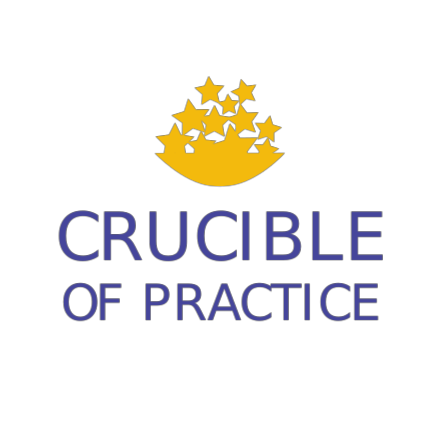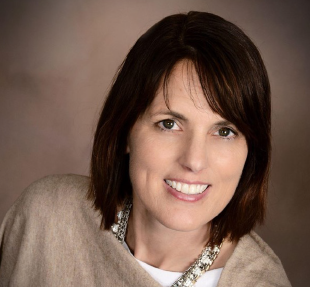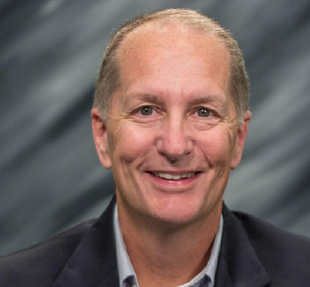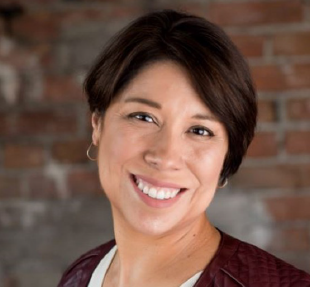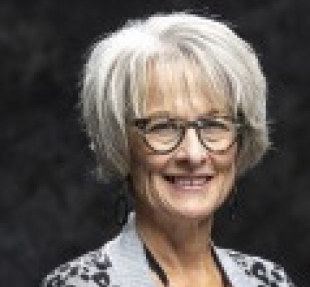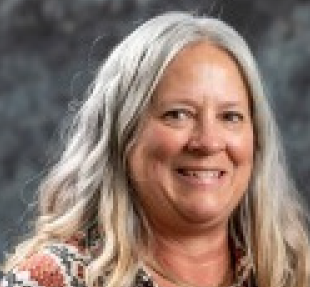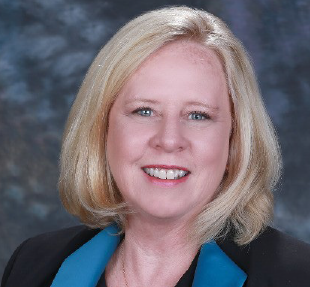
12:30 - 02:00 pm
Bringing Digital Equity to All Students in the Community

This Crucible of Practice Salon features leaders from the Grinnell Education Partnership (GEP) and their digital equity project. This webinar explored how and why GEP, the GLR community in Grinnell, Iowa, addressed the challenge of digital connectivity. Presenters shared how GEP formed and when the coalition began working toward digital equity using a phased approach.
Monica Chavez-Silva with Grinnell College opened the session and provided background information about the institution and the benefits of Grinnell College serving as the backbone organization of GEP.
“We take our role as a backbone institution seriously. We recognize that we are an institution in the town that can bring a great deal of people, power and certain resources to help elevate this work.” – Monica Chavez-Silva
Nicole Brua-Behrens with Greater Poweshiek Community Foundation (GPCF) shared how the foundation became involved with GEP. GPCF serves as a core funder, supporter and convener within the coalition. Representation as a core partner aligns with the organization’s strategic priorities. Brua-Behrens also shared the socioeconomic demographic data about the town of Grinnell and why lack of digital connectivity impacts residents.
“Many students did not have access to educational content because they did not have a connection to the internet. Families couldn’t afford the cost. As a result, there was learning loss and the potential for the continuation of the cycle of intergenerational poverty.” – Nicole Brua-Behrens
Melissa Strovers with Grinnell College provided an overview of who is involved with GEP as a coalition and what each stakeholder offers. Strovers shared the focus areas of GEP, alignment with the Campaign for Grade-Level Reading and the team’s use of the collective impact framework.
“One thing that will be important for us as we look toward the future of aligning community resources and maximizing potential solutions is to support the work that reaches populations that we might not otherwise be able to reach.” – Melissa Strovers
Janet Stutz, Ed.D., as the superintendent of Grinnell Newburg Community School District, gave an overview of the demographics of the school district and how the digital equity project began with understanding the needs of the students. School closures and a transition to online classes due to the pandemic led to concerns about the class of 2020 not being able to fulfill graduation requirements. The district began working with GEP and the Grinnell Newburg School Foundation to offer devices and internet solutions to students in need.
“We had our school social workers, our counselors and principals, attempting to target those families that we knew needed support. Everyone was collaboratively working together to ensure that needs were met, and that learning could continue. This was our priority.” – Janet Stutz, Ed.D.
Liz Hansen, the executive director of the Grinnell Newburg School Foundation, created the taskforce called Internet for Students and Families in Need to address the issue. Hansen shared how the foundation worked to secure funding to provide the devices and negotiated with the local internet service provider to offer free Wi-Fi.
“The Grinnell Newburg School Foundation board and its supporters recognize that community support and engagement along with sufficient resources are key to the success of public education. When Janet contacted me in late March of 2020, we were prompted to immediate action.” – Liz Hansen
GEP Project Coordinator Jill Harris shared how the team worked through community-wide expansion of the digital equity project and used the federal Affordable Connectivity Program (ACP) initiative to support the cost of internet service for families who qualified. Much of this phase included working with partners who were trusted messengers in reaching the families who benefited from ACP.
“Spreading awareness about ACP to eligible families in order to connect K-12 students in equitable learning opportunities was imperative.” – Jill Harris
Steve Burnett, the General Manager of Mahaska Communication Group (MCG), described how his organization as the local internet provider became involved with the project. The mission of the project aligned with the values of MCG, which is a community-oriented company. He also shared information about ACP and the qualification guidelines to receive the benefit.
“There’s practically nothing you can do without decent access to the internet. We’re going to do whatever we can to help people get signed up (for ACP).” – Steve Burnett


 All Events
All Events